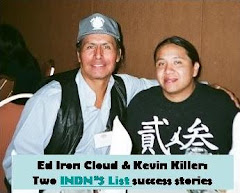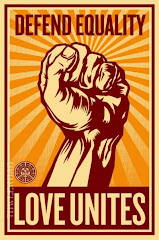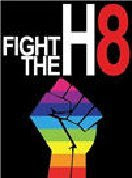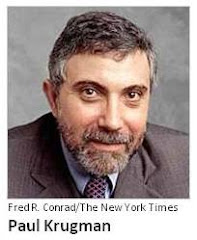
With all the talk about reducing carbon emissions in this country, we are ignoring a sensible alternative to ethanol, an alternative that has already proven problematic because it takes a large amount of corn to produce, thereby removing corn from the food supply. An obvious answer to the problem of creating a cheap, easy-to-grow, renewable resource is the cultivation of industrial hemp. Before you all start making jokes about
stoners and bongs and other references to industrial hemp's notorious cousin
cannabis sativa or marijuana, let me explain that industrial hemp has a very low percentage of THC (typically less than 1%) - the active ingredient that creates a "high" from ingesting or smoking marijuana, so that a
stoner would literally have to smoke a bale of industrial hemp in about 20 seconds and then all the smoker would get for her/his trouble is a headache.
The DEA remains in the dark ages about this ideal crop that not only could solve our energy problems, but also is so
versatile, the fiber produced from this amazing plant can serve as a source of paper, clothing, and even cooking oil. Industrial Hemp is grown legally in Canada and many countries in Europe. It grows pesticide and
herbicide-free and grows in virtually any part of the country. In fact, the government encouraged the cultivation of industrial hemp during WWI & WWII in order to make rope and other supplies for the troops. This is why the legacy of ditch weed still grows in many parts of rural America. If you'd like to learn more about this phenomenal crop, please visit the web site,
Vote Hemp, and contact your Congress people about passing legislation that would allow farmers to grow industrial hemp - we are going to need all the help we can find to end our addiction to foreign sources of oil. This a great way to add to the solution!
Read about the government's insane battle to destroy industrial hemp crops being cultivated on the Sovereign
Lakota Nation:
S.D. family seeks the right to grow hempHere's a link to an excellent column by Jamison Colburn,
Why The War on Drugs Should Not Include a War on Hemp.
 Read the interview with Stephanie Miller on BuzzFlash.
Read the interview with Stephanie Miller on BuzzFlash.
































































